In the latest edition of “dumb headlines I didn’t expect to read this week,” it appears 15-minute cities have become the latest battle in the culture wars.
Evidently, the urban planning approach has become tied up in a conspiracy theory movement in the UK, with British parliament member Nick Fletcher calling it an “international socialist conspiracy.” There have also been anti-15 minute city protests in Oxford over the last week:

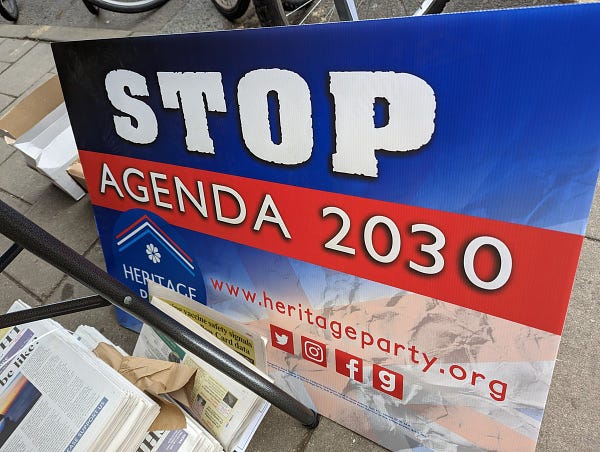
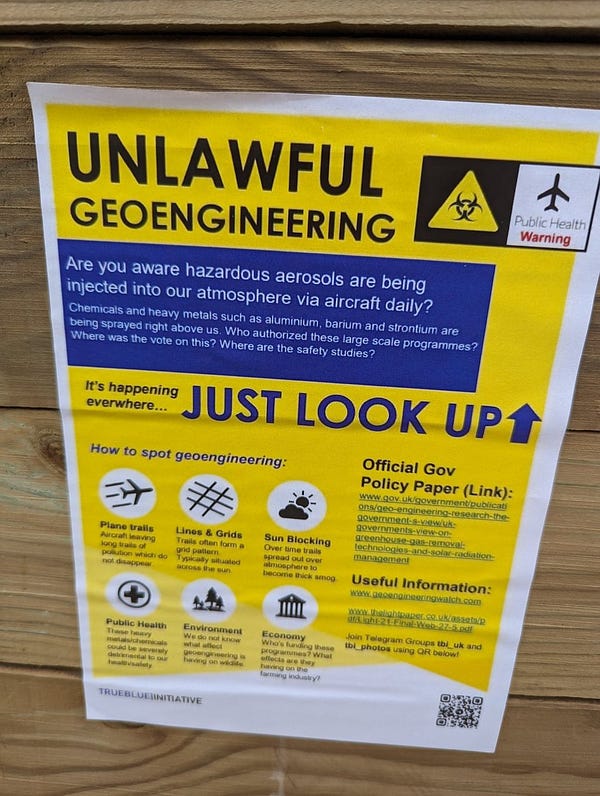
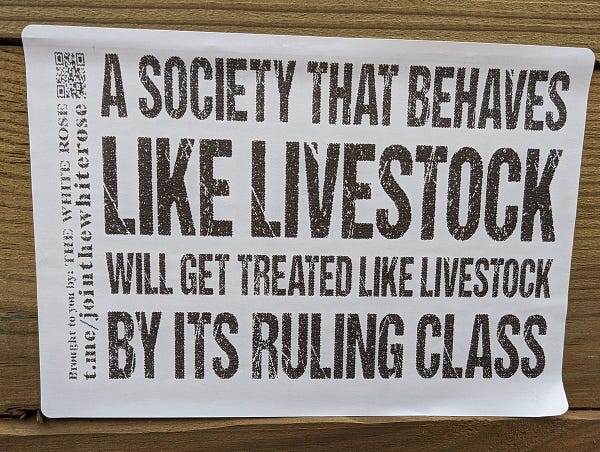
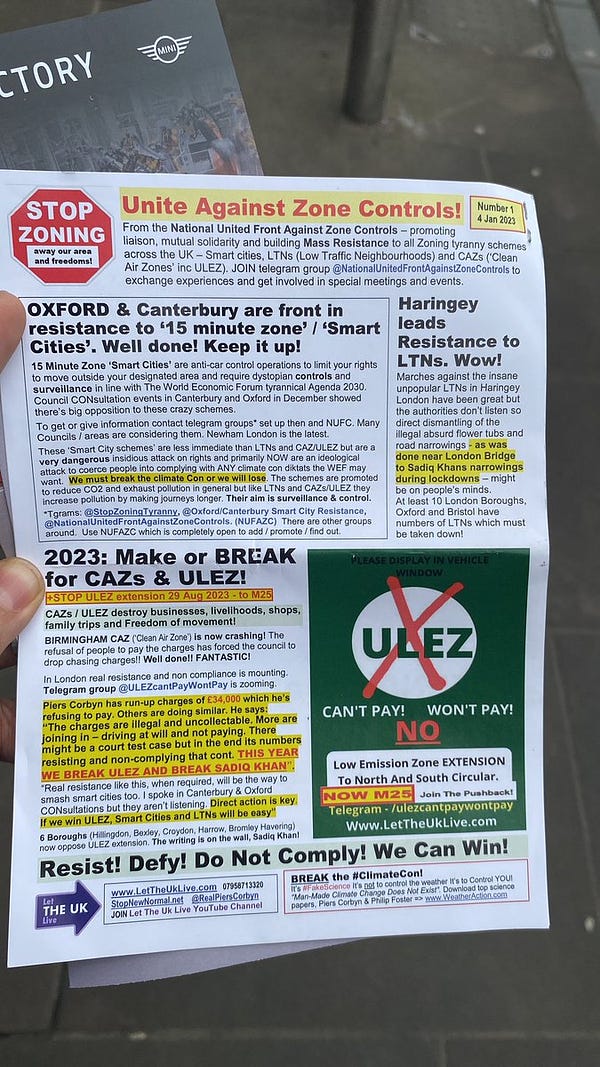
I debated even engaging with the story because of how ridiculous it all is. And we won’t spend this week breaking down and debunking the claims one-by-one.
But while the movement is dumb, the story is a reminder of why great storytelling, contextual storytelling, and proactive storytelling are so important in the fight for better cities. Let’s press in there instead:
In our politics-of-everything age, even topics that don’t make the hit list of left- or right-wing talking points have been put in play. That means that there are few if any topics that aren’t subject to being pulled into the crap storm that is modern political discourse.
So what does that mean for urbanists?
It means that we need to recognize that while urbanists tend to lean to the left (though this is, admittedly, generalizing), suburbs tend to lean to the right (again, generalizing). And if suburbs are the places we hope to see change as we improve the built environment as a whole, it is critical that we make the urbanist case in a way that is compelling to that demographic.
As the old saying goes, “Don’t hear what I’m not saying.”
The goal is not to apply conspiratorial language and far-right ideas to walkable mixed-use development. It’s about thinking through the challenges and context of typical suburban life, and presenting urbanist ideas as solutions to those challenges (rather than in a way that is designed to appeal to the average lifestyle of those in a blue urban setting):
Mom/Dad spend less time in traffic going to and from work
Less reliance on that old Honda that’s going to quit any day now
Enough housing stock where the kids will be able to afford a place nearby someday
The case being made against 15-minute cities and urbanist ideals is largely centered around the idea that they somehow restrain freedom. But “freedom” doesn’t really mean anything unless it’s defined. Freedom to do one thing usually means giving up the freedom to do something else.
And this is where the narrative has to be built: the case for 15-minute cities (and urbanism as a whole) is that the freedoms it provides (for individuals, cities, and society as a whole) are worth the freedoms (real or otherwise) that are sacrificed. The conversation and debate has to be personalized, so individuals are faced with a more real choice of the future they want for themselves and their families.
The most effective political messaging is always contextualized. The power often doesn’t come from the ideas themselves (which at times can be rather stupid), but rather from knowing the pain and passion points of the target demographic.
As they say in sales, “identify the problem, and the solution sells itself.” Let’s get selling.




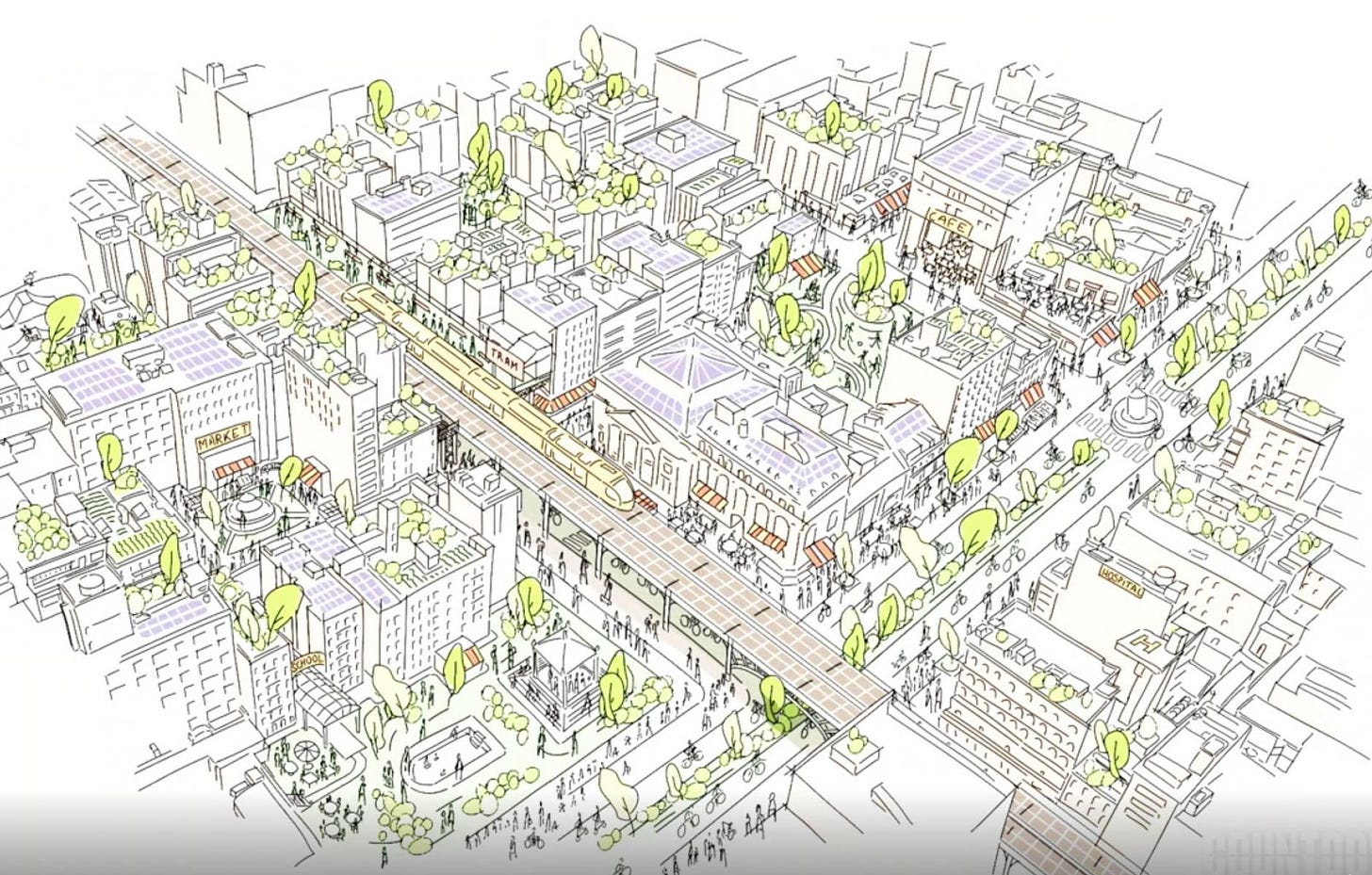
I think you are right on about trying to advertise this using examples that everyone can understand. That said, I am often shocked at how many people just accept long commutes as a way of life... they don't even think about a world where it could be different. Also, think of all the country songs about pick-up trucks... its like truck and cars are a part of the fabric of the suburban and rural experience. Its often hard for people to imagine life without them.